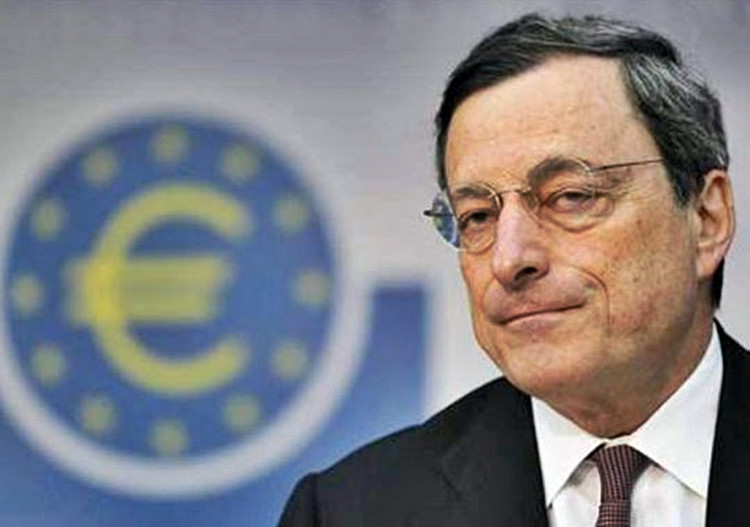Italy will conduct a national election on September 25 following the resignation of Prime Minister Mario Draghi and after the breakdown of his national unity cabinet, which sent shocks through the money markets.
It will undoubtedly be a contentious campaign fought in the scorching summer heat of a drought-stricken nation - and more than a century since Italy has held national elections in the fall.
Generally, the second half of the year is devoted to passing the budget bill through parliament.
This week, an analysis of opinion polls indicated that a coalition of conservative parties, led by the far-right Brothers of Italy, is likely to win a decisive majority in the upcoming election. read further
An unelected former chief of the central bank who has spearheaded a vast organization for nearly 18 months, Draghi tendered his resignation on Thursday morning and President Sergio Mattarella urged him to continue in an interim capacity.
"We must address the epidemic, the war in Ukraine, inflation, and the rising cost of energy," Draghi told his cabinet colleagues.
In exchange for reforms, he stated that the government must also implement the National Recovery and Resilience Plan, which calls for Italy to access billions of euros in post-pandemic European Union money.
Even though the election is scheduled for the end of September, it could be weeks before a new administration is sworn in.
Draghi's coalition fell apart on Wednesday when three of his key allies disregarded a vote of confidence he had convened in an effort to mend rifts and restore their fragile relationship.
As parties began to tug in separate directions before to the projected end of the legislature in the first half of the following year, he attempted to restore his control.
The political upheaval has disrupted months of stability in Italy, during which Draghi helped design Europe's harsh reaction to Russia's invasion of Ukraine and enhanced the country's status on financial markets.
Fears that the political instability would delay reforms and that the incoming administration may be a tougher partner for the European Union caused Italian bonds and stocks to decline dramatically.
Draghi, Italy's sixth prime minister in a decade, made a brief appearance in the lower chamber of parliament on Thursday, signaling his intention to stand down, to enthusiastic ovation from MPs.
The former head of the European Central Bank had helped strengthen Italy's international prominence.






